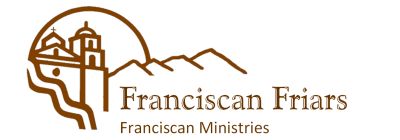 When I was in my twenties, I met and became friends with a woman named Kate. She was fun and funny. She was a big reader and always had something new and interesting to talk about. Sometimes, when she’d been drinking, she’d talk too much and too loudly, and get into some trouble, but I liked her and accepted that just as she accepted me and my quirks.
When I was in my twenties, I met and became friends with a woman named Kate. She was fun and funny. She was a big reader and always had something new and interesting to talk about. Sometimes, when she’d been drinking, she’d talk too much and too loudly, and get into some trouble, but I liked her and accepted that just as she accepted me and my quirks.
One day she told me that she had decided to stop drinking. “If I keep drinking, I’m never going to be the person I think I’m meant to be, she said, I’ll never really be myself.” I didn’t ask her to explain. I knew what she meant. Don’t we all have an inner inkling of our true self? Maybe it is something we can’t quite articulate, or even totally understand, but something we have a sense of, and know, when we are straying from it?
Duns Scotus, a philosopher inspired by St. Francis, called that ineffable, unique thing about us, our “thisness.” It is what makes each individual utterly and particularly different from every other individual. It is a gift from God, but not a gift for us alone. Our thisness is like an irreplaceable puzzle piece. Without it, the world, like the puzzle, would be incomplete.
Mary Beth Ingham CSJ, a professor at FST, our theology school, and expert on Scotus puts it this way.
“I’m just me and all I can do is be me. That’s the only thing I can do, and I can do it better than anybody else. If I don’t do it, nobody will do it. So often we spend our lives trying to be other people. Yet God says, ‘I made you, and I like the you I’ve made, so just do your best and be yourself, and I’ll be there to help you.’ It’s not something we have to do alone, but something we grow into.”
I think this is what Kate was talking about. She was ready to grow into her “thisness.”
Reflection Questions:
- What are the implications for how we treat people, or develop programs, when we consider people by their shared characteristics (homeless, democrats, high earners, catholic, fearful) versus considering them as individuals with a particular and unique “thisness.”
- What concrete actions do we take in our ministry to encourage and celebrate our staff’s unique and particular gifts?

